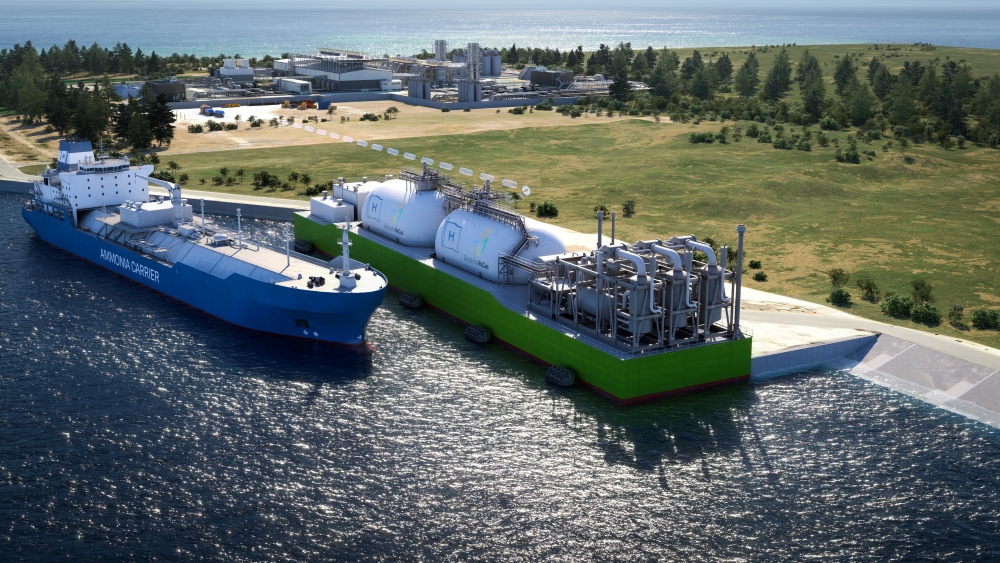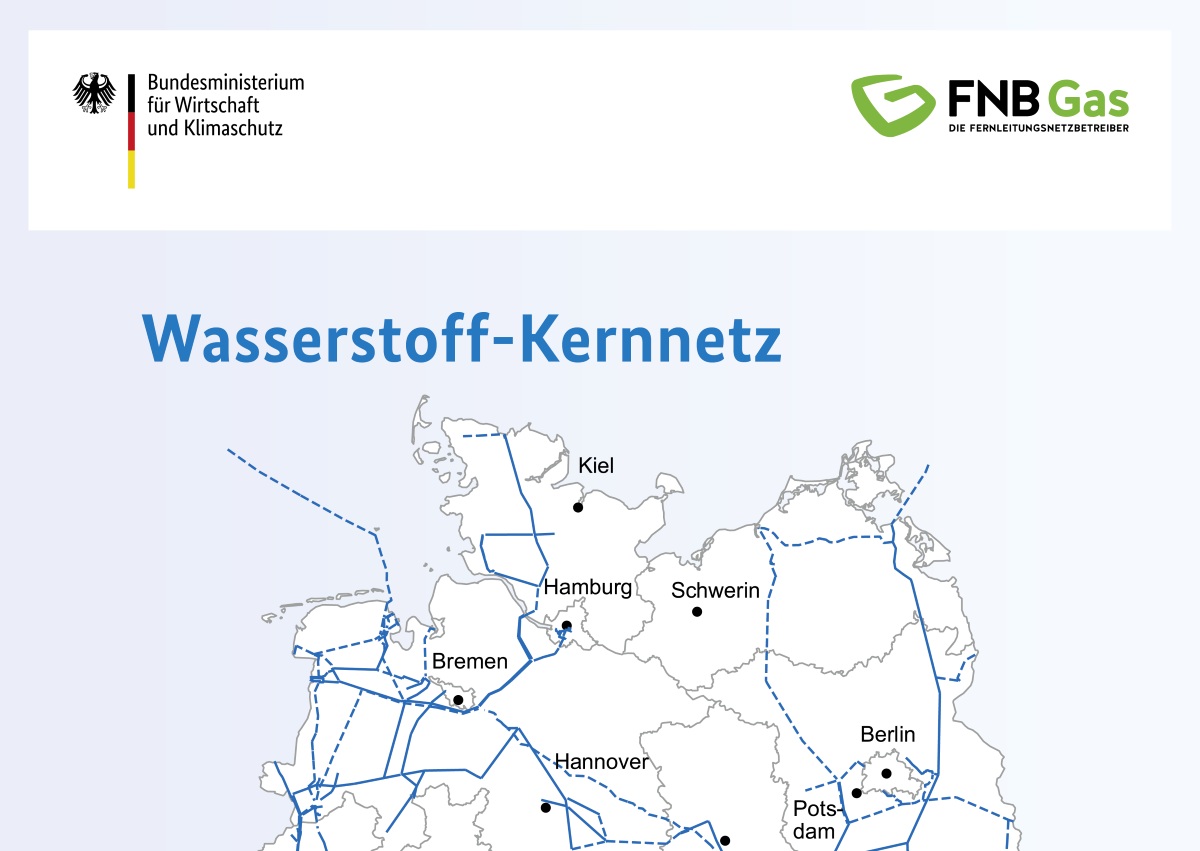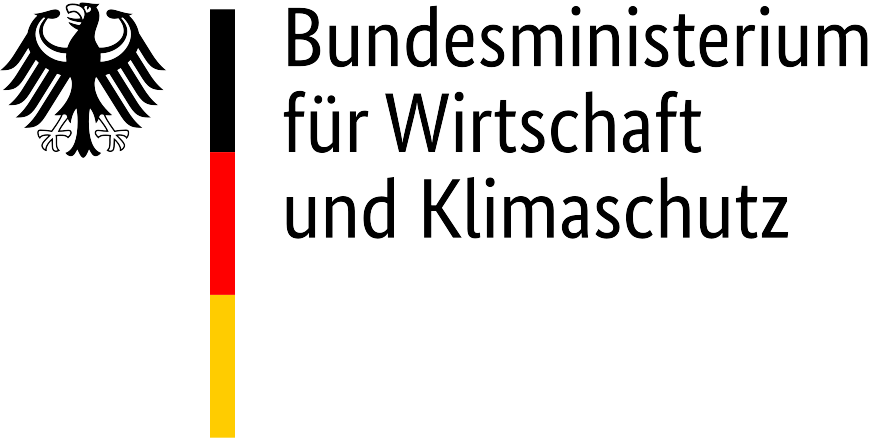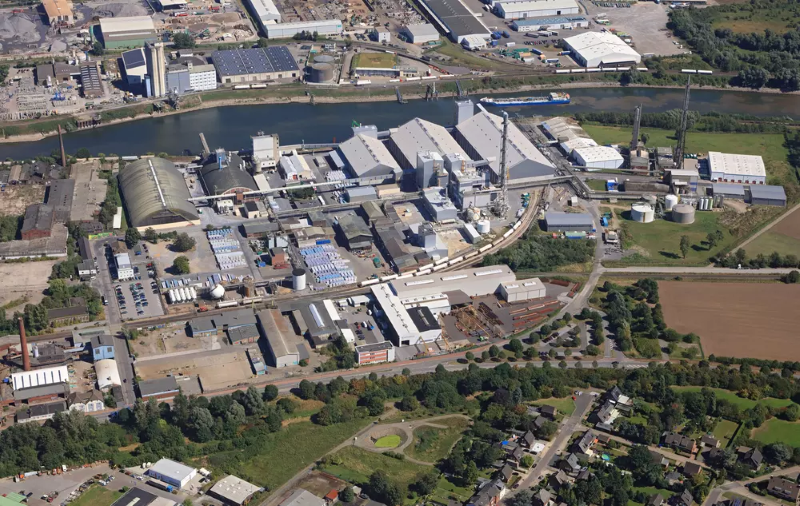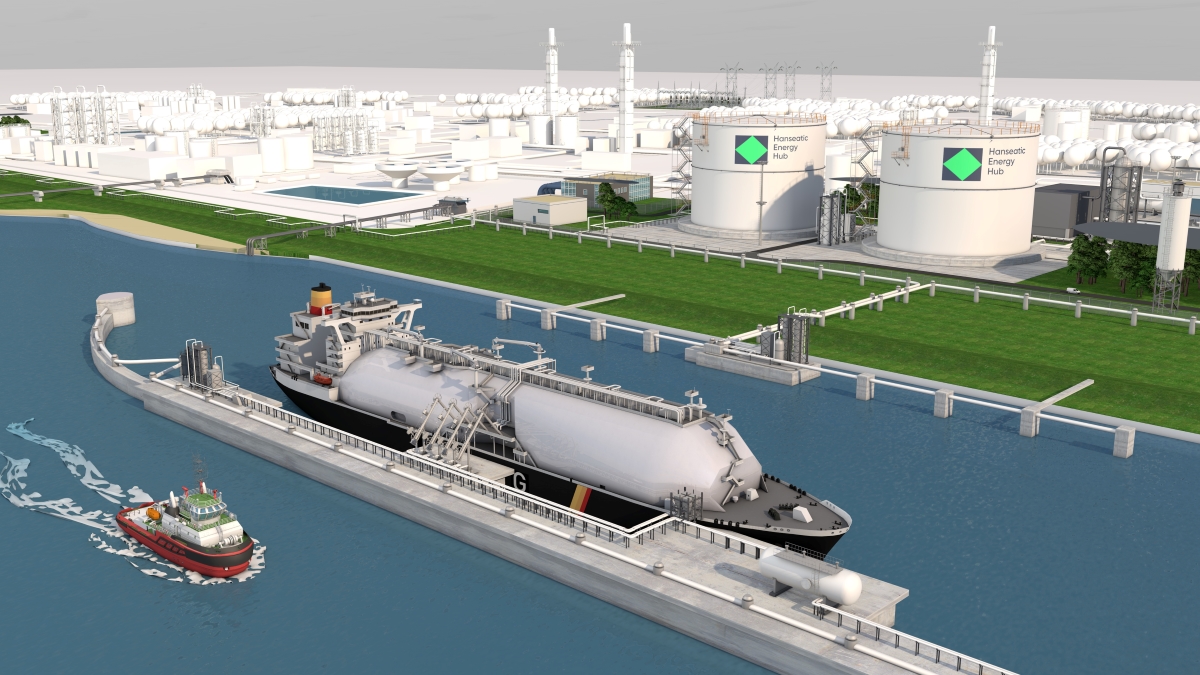Höegh LNG, Deutsche ReGas to develop floating ammonia cracker
The pair will develop a new ammonia import hub in north Germany on the Baltic Sea coastline. The terminal will feature a floating ammonia cracker, producing around 30,000 tons of hydrogen per year for injection into the German Hydrogen Core Network.
